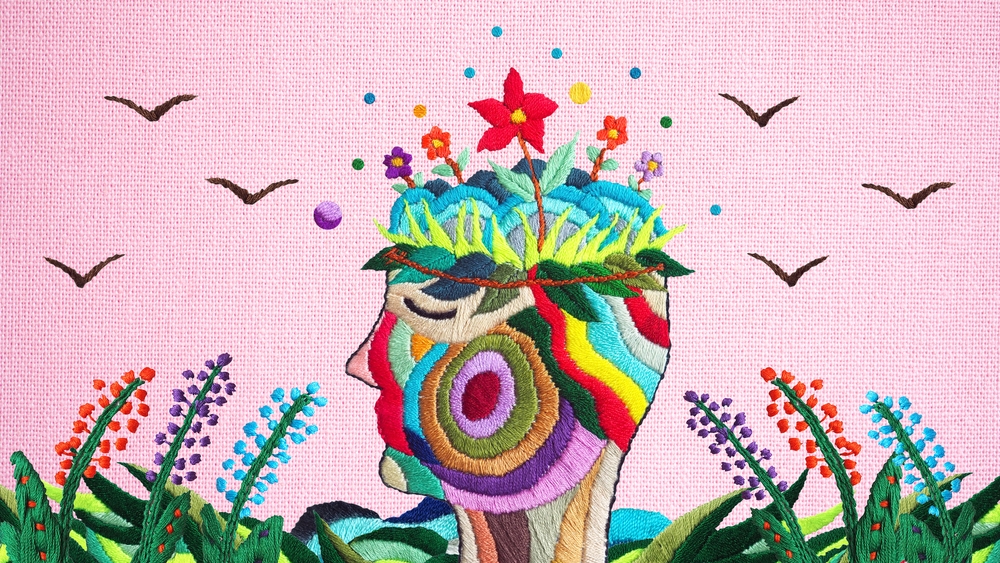
Posted on February 07, 2022
We read regularly that our country is experiencing a mental health crisis among children and adults. Necessarily, the main public focus is on serious conditions like generalized anxiety, depression, and suicidal tendencies. But what if we lack such a condition yet still have debilitating thoughts or a “blah” feeling about life some days? Are we still mentally healthy?
A challenge in answering this question is that we’ve come to think of mental health in terms of mental illness. As Dr. Christopher Palmer of McLean Hospital observes, “The term ‘mental health’ implies the absence of illness or disorder.” But, he says, “It’s not all or nothing.”
A newer term – “mental wellness” – moves away from this link to mental illness. Unlike “mental health,” “mental wellness” has no implied reference to what is or might be wrong with us, to something that’s to be avoided.
Instead, mental wellness focuses on what’s right with us. According to the Global Wellness Institute, mental wellness is “an inner resource that helps us think, feel, connect and function” in all areas of our lives and in how we relate to the world around us. Growing this resource involves an active process rather than a static state. This means we can be creators of our mental state, not simply victims of it.
Mental wellness can be thought of as a continuum from languishing to flourishing, and because these words mean different things to different people, it’s personal, not one-size-fits-all. It can even co-exist with mental illness. An anxiety disorder, for example, can coincide with various degrees of mental wellness, and lacking one does not necessarily mean we are well. But when we grow mental wellness, we help protect ourselves from mental illness as well as reduce its severity and symptoms.
Here are some ways we can increase our mental wellness:
1. Quiet a Busy Mind
Paying attention to what is happening in the present moment, with curiosity but without judgment, is the opposite of the mind wandering we do when we ruminate about past events or worry about what may or may not happen in the future.
Like strengthening a muscle, building mindfulness requires practice. Meditation is the most traditional way of cultivating mindfulness, and these days it’s easy to begin by using a meditation app or finding a short meditation exercise online. Using mindfulness in daily activities is a less formal practice and one that’s important whether you meditate or not.
Much of our present-moment attention is stolen by digital distraction. Dr. Anastasia Dedyukhina’s 2016 TEDx talk on strategies for reclaiming our attention from our digital devices seems even more important today.
2. Eat Healthy Foods
A strong two-way connection has been proven between our gut and our brain, our food and our mood. In the absence of special dietary needs, a Mediterranean eating style is most often recommended by health professionals for optimal physical and mental wellness.
3. Keep Moving
Both aerobic and weight training exercise are closely and positively related to our state of mind. The U.S. Government’s Physical Activity Guidelines for Americans make exercise recommendations for children and adults of various ages and conditions. It’s important to avoid prolonged sitting and to stay as active as possible throughout the day.
4. Sleep
Although sleep is key to supporting mood and mental wellness, many adults fail to get the seven to nine hours of nightly sleep recommended by the National Sleep Foundation. While we can’t make ourselves sleep in the same way we can make ourselves eat healthy food or exercise, we can help ourselves sleep by practicing good sleep hygiene.
5. Connect
Strong social connections correlate with a better mental state and less anxiety, so it’s important to cultivate our best relationships: those that involve reciprocity and cooperation and allow us to be authentic. And we should try to marginalize those that drain our energy and cause us stress. The quality of our relationships has been found to be more important than the quantity. A good way to strengthen relationships is through improved communication.
Growing mental wellness is an ongoing process that is best approached one change at a time, learning from each small step along the way. The reward for our efforts is in growing a mental state that will support us in all areas of our lives. And this will benefit not only us but everyone around us as well.